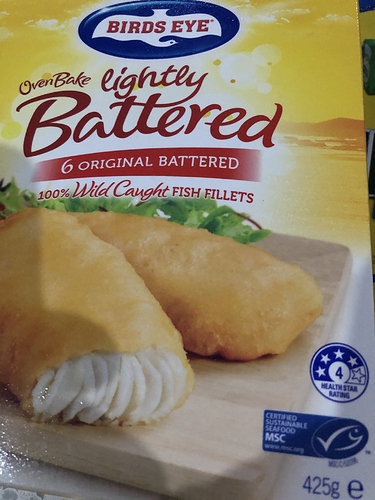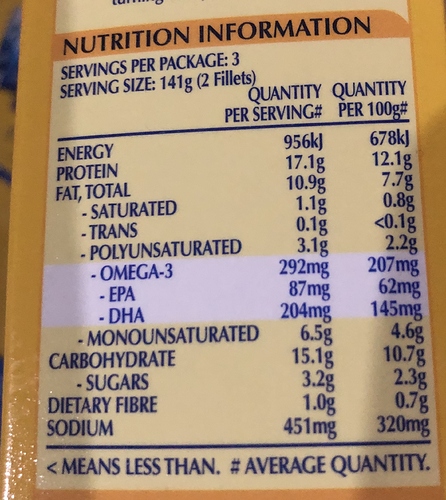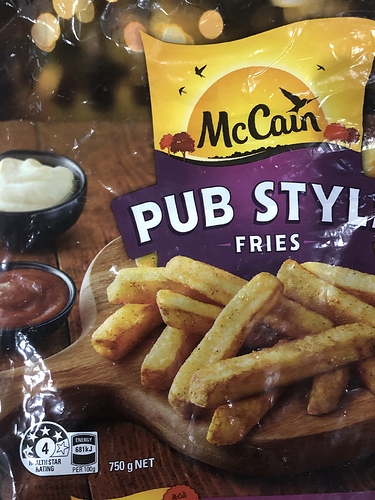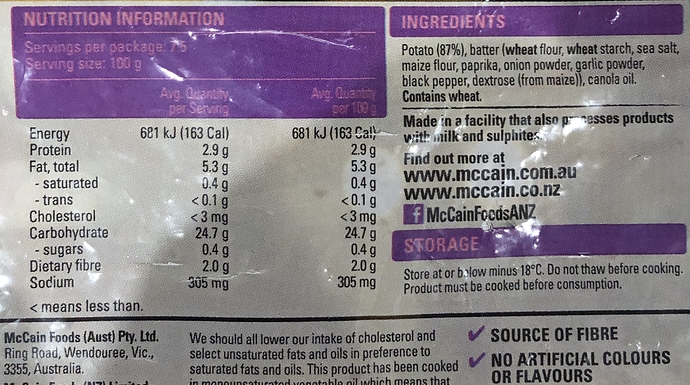Am I the only one with a sense of déjà vu about the latest ludicrous declaration from the health “experts”?
Back in the last millennium, even Choice Magazine was sucked in by the bogeyman of the moment, fat.
Choice did a product review on breakfast cereals, and recommended eating Kellogg’s All Bran because it was low in fat and high in fibre (now there’s a surprise).
It recommended against eating any of the mueslis they tested, because they were all too high in fat. Where was the fat coming from? It was coming from the raw seeds and raw nuts (and in one case some flaked natural coconut) mixed in with the unprocessed rolled grains and the dried fruit.
These days they would have to recommend against eating muesli because the dried fruit would contain fructose which is a sugar and we all know sugar is the worst thing you can possibly consume. Fat, of course, is now a good thing to consume, so long as it is a good fat like the kind you find in raw seeds and raw nuts.
Mind you, back in the last millennium Choice recommended everyone should be using margarine instead of butter. Clearly they had never read a famous High Court case where the judges looked at how margarine is made in order to determine whether Tasmania was entitled to restrict its imports into the state on health grounds, or whether this was just a cover for protectionist legislation demanded by Tasmanian dairy farmers and thus unconstitutional.
The court found in favour of Tasmania, and described margarine as a product of the worst a modern chemical factory had to offer.
These days Choice recommends against margarine, on the modern understanding that hydrogenated vegetable oils (a.k.a. trans fats) are not good for us, but stand by for the next Orwellian reversal.
I imagine that the government experts that have declared an artificially-sweetened soft drink to be healthier than pure fresh fruit juice are also just looking at the “crude analysis” panel on the back of the bottle, and getting triggered by today’s bogeyman, sugar.
They don’t call it “crude analysis” for nothing!
![]()





